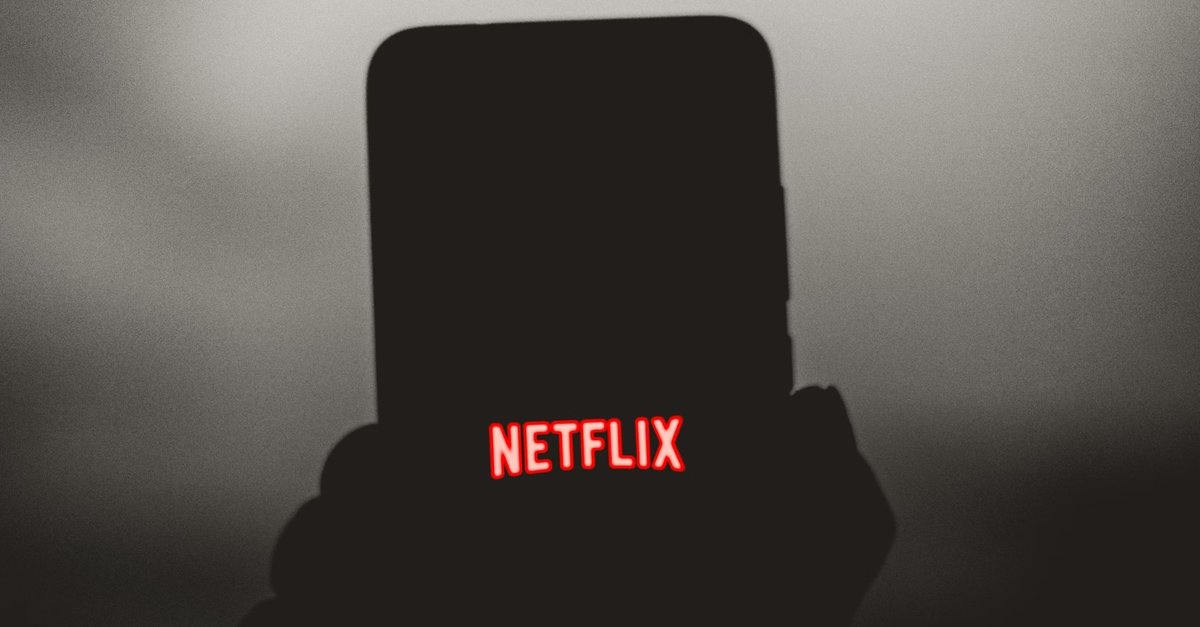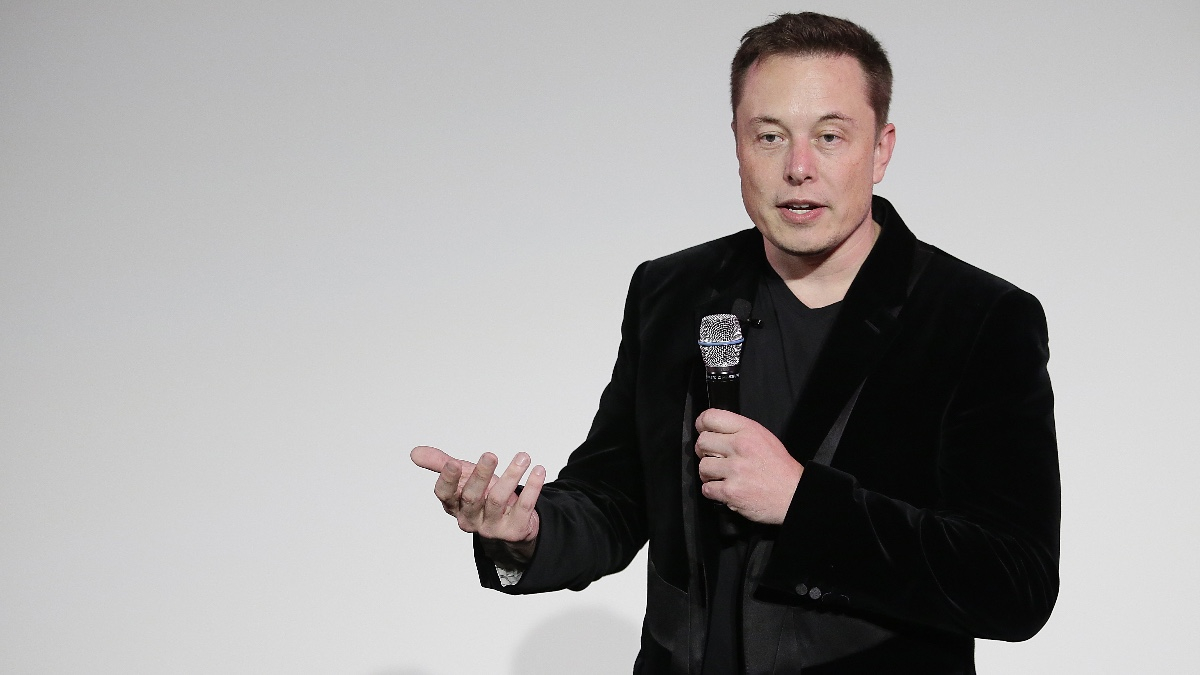Netflix under enormous pressure: Bad fears arise
Netflix’s success story has really known no limits in recent years, but the latest numbers are cause for concern – Netflix is coming under a lot of pressure. There was already a justified fear that the streaming provider could no longer keep up the pace in the long term. Now the case has happened.
For the first time in 10 years, Netflix had to Net loss of 200,000 subscribers at the end of a quarter admit, according to the current figures from the 1st quarter of the current year (source: Netflix). Investors were actually hoping for an increase of 2.5 million customers, but apparently nothing came of it. But what are the reasons or where did you lose the paying subscribers?
Netflix is losing many paying subscribers
The biggest minus was in Russia, shutting down local business cost Netflix 700,000 subscriptions in one fell swoop. But even without this special effect, one could only have increased by 500,000 subscriptions in the end, still far below the original expectations. 600,000 US customers were also turned away due to price increases there, which was what the management of Netflix had expected – so no surprise. But the real problem lies elsewhere.
What you can currently find on Netflix in terms of new series and films:
So Netflix estimates that the 222 million paying households share their subscription with another 100 million non-paying households – they watch for free and are almost written off for Netflix. So-called account sharing is becoming a problem. But you don’t want to give up without a fight and would like to win these “watchers” as real customers sooner or later.
Should you have seen:
Netflix tests measure against scroungers
For this purpose, Netflix is examining a kind of “extra fee” for such bargain hunters. A corresponding model will initially be tested in Chile, Costa Rica and Peru, and the service is already reserved for other markets. It’s still uncertain when that will happen, but it will Netflix is obviously under pressure and must react immediately. After all, the market only knows one direction, but constant growth is becoming increasingly difficult.



